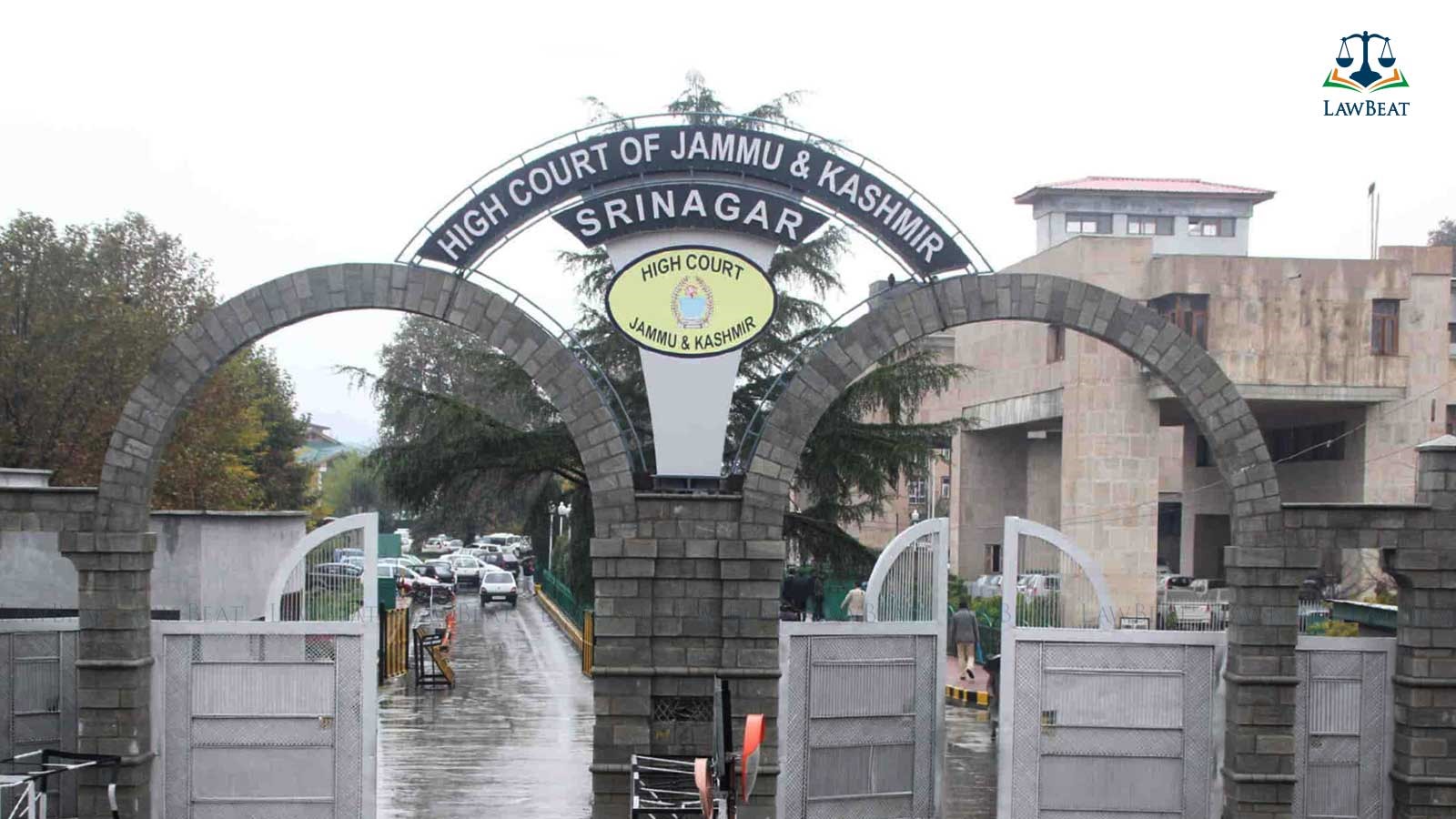J&K and Ladakh HC Quashes PMLA Charges Against Farooq Abdullah in JKCA Scam Citing Absence of Scheduled Offence

The court stated that the Enforcement Director being a parallel investigating agency in respect of crimes under PMLA must accept the investigation carried by another investigating agency
The High Court of Jammu and Kashmir and Ladakh quashed the charge sheet filed against Dr. Farooq Abdullah under the Prevention of Money Laundering Act (PMLA) in the Jammu and Kashmir Cricket Association (JKCA) scam, underscoring the necessity of a scheduled offence as a prerequisite for prosecution under PMLA, 2002.
Justice Sanjeev Kumar, presiding over the court, ruled that the Enforcement Directorate (ED) acted prematurely without the necessary legal foundation. The court noted : “The Enforcement Directorate is not an authority or investigating agency in any manner superior to CBI, nor is it vested with or conferred the power and jurisdiction to sit in appeal against the investigation made and the conclusion drawn by the later. The Enforcement Director being a parallel investigating agency in respect of crimes under PMLA must accept the investigation carried by another investigating agency and the conclusion drawn by the said agency in respect of commission of the offences other than the offences under PMLA.”
The case stems from allegations of misappropriation of funds within the JKCA, leading to the registration of First Information Report (FIR) in March 2012. The FIR lodged under Sections 120-B, 406, and 409 of the Ranbir Penal Code (RPC), named Dr. Farooq Abdullah and another JKCA official, Mohammad Saleem Khan, among others. The investigation was transferred to the CBI, which subsequently filed a charge sheet accusing six individuals, including Dr. Abdullah, of these offences. The Enforcement Directorate later took up the matter, registering an Enforcement Case Information Report (ECIR) under the PMLA and prosecuting Dr. Abdullah for alleged money laundering.
Ahsan Ahmad Mirza, a co-accused with Dr. Abdullah, challenged the ED’s actions. The core of the challenge rested on the argument that the offenses listed by the CBI—Sections 120-B, 406, and 409 RPC—do not constitute scheduled offences under the PMLA, which is a prerequisite for prosecution under the Act.
The court noted that the offences listed in the charge sheet, namely Sections 120-B, 406, and 409 RPC, are not scheduled offences under the PMLA. The ruling emphasised that for money laundering charges to stand, a scheduled offence must first be established. The court also referenced a recent Supreme Court decision in Pavana Dibbur v. Directorate of Enforcement, which clarified that conspiracy charges under Section 120-B IPC/RPC only qualify as scheduled offences if the conspiracy involves crimes specifically listed in the PMLA schedule.
The court’s decision also leaned on Vijay Madal Lal Choudhary v. Union of India (2022), stating that “The authorities under the PMLA cannot initiate action for money laundering based purely on assumptions unless a scheduled offence is either registered or pending inquiry before the competent forum.”
The court further remarked : “From a perusal of the complaint filed by the respondent before the Designated Special Court it clearly transpires that the ECIR was registered and prosecution was launched by the respondents only on the assumption that Section 120-B RPC in respect of which there was a case registered by the CBI against the petitioner was a scheduled offence.”
In conclusion, the court quashed the charges and complaint filed by the ED, marking a significant setback for the agency. However, the court clarified that this judgment does not prevent the ED from initiating fresh proceedings if the Chief Judicial Magistrate, Srinagar, later frames charges involving any scheduled offence under the PMLA.
Cause Title: Ahsan Ahmad Mirza v. Directorate of Enforcement [CRM(M) No. 160/2020]
